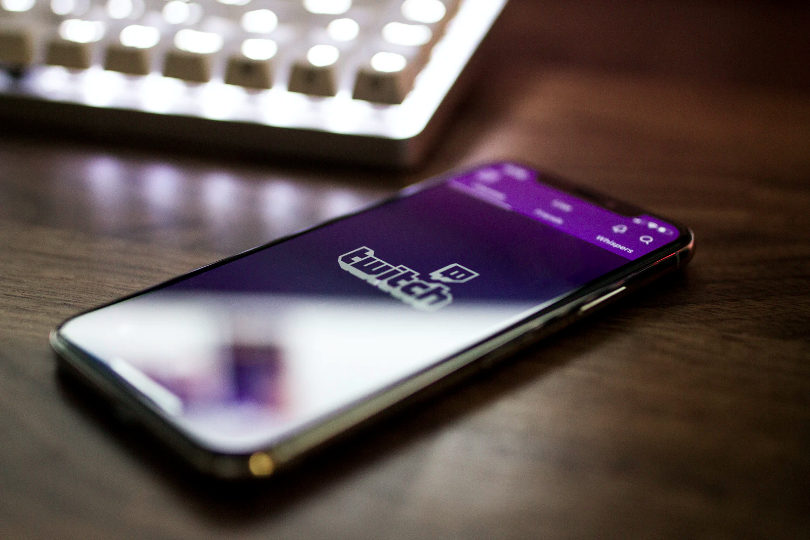James Haidak has seen the huge effect Twitch has had on the music industry and he believes it’s time for him to weigh in.
Because of the global pandemic, in recent months, as thousands of artists found themselves stuck at home, many have started to try Twitch. While some social networks are just starting to offer live chats and subscriptions, those options have been built into Twitch from the beginning.

To make a living off of Twitch, artists need to surpass 100 concurrent viewers and stream multiple days a week. Many acts make more than $100,000 per year from Twitch alone, typically from a mix of ad revenue and donations. That’s good money for a musician who can’t sell out a club, but this is pocket change to a major act.
Music is now a key part of Twitch’s strategy to broaden its demographic of users in order to pull in more advertising revenue. The growing popularity of music on Twitch has convinced the company to speed up plans for new features, including the revival of Twitch Radio, a live radio service. Twitch has talked to music companies about securing rights for a live channel that would play music and include visuals and photo montages, according to people familiar with the talks.
Such plans are unlikely to flourish until Twitch mollifies the music companies, many of which are tired of watching technology businesses use their songs without paying for the rights. Twitch has yet to license the rights to songs from any of the three major music companies. As a result, infringing videos go up every day.
While YouTube and Instagram actively take down such videos, Twitch has so far maintained a more laissez-faire approach. The loose standards are one of the reasons Twitch is so popular among DJs, who often play music from other artists during long sets.
All of which is now attracting increased scrutiny from the music industry’s lawyers and lobbyists.

In the meantime, to fortify its growing relationship with music fans, Twitch will have to convince artists not to abandon the site once the coronavirus pandemic subsides and they can get back to touring. Some major artists are unlikely to keep live streaming every day when the threat of infection ebbs. There’s too much money to be made by getting back on the road.
But some established DJs plan to stick around, what with competitive “battles” in which fans can participate by submitting original beats or album art. And this is just one of the reasons Twitch can use to keep its music scene flourishing.
James Haidak hopes that Twitch stays strong even after the pandemic. After all, it’s one of the best things to ever happen for artists, particularly independent ones and their fans.




